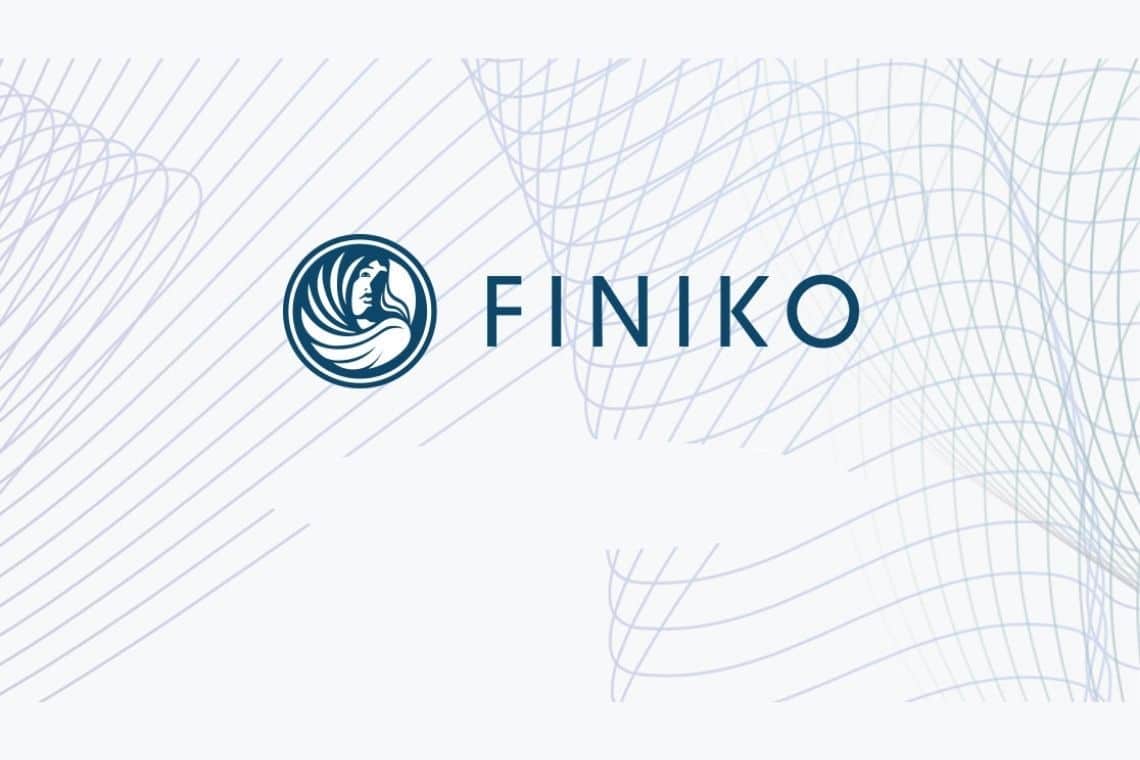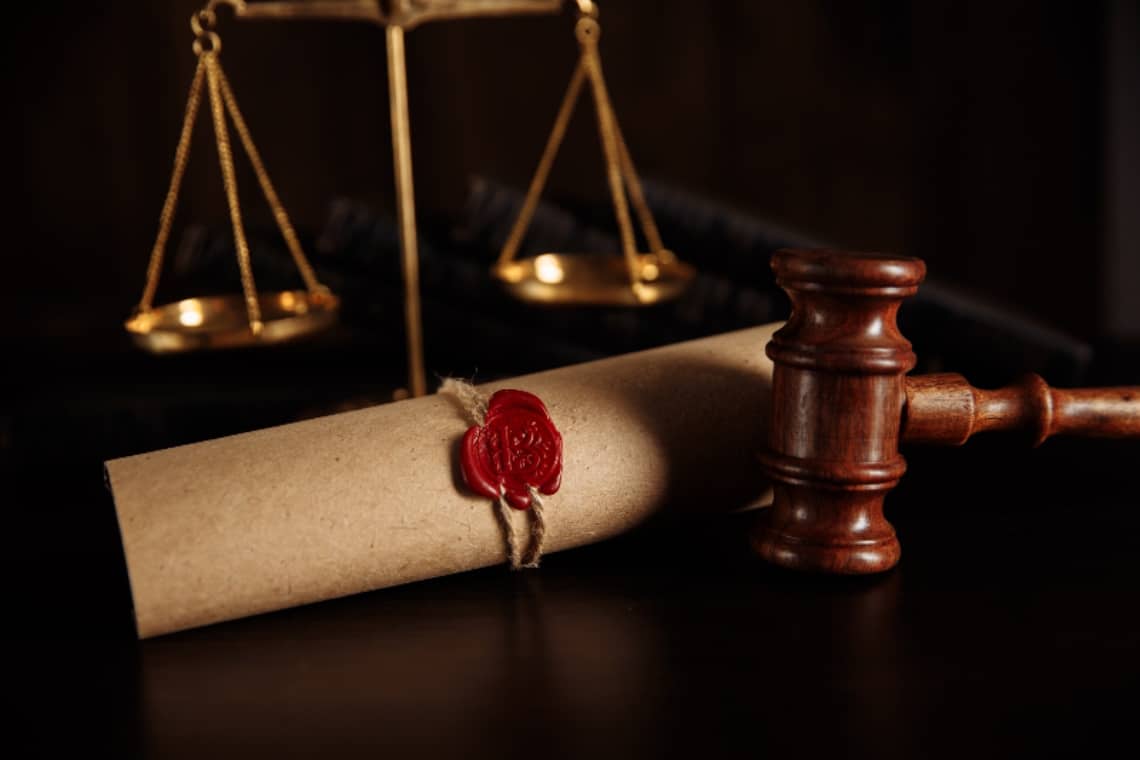Finiko, Russia’s biggest crypto-ponzi of recent times, has new developments. Its founder, Kirill Doronin, has offered to testify against 44 accomplices who allegedly violated his order to only accept cryptocurrencies from investors.
Summary
Finiko, the new testimony of Kirill Doronin
The mastermind behind Finiko, Kirill Doronin, has decided to cooperate with Russian authorities by providing new testimony that would list a number of people who he claims accepted fiat currencies such as roubles and US dollars from victims of the crypto-pyramid scheme.
Doronin reportedly said:
“I am ready to give revealing testimony about the participants of the Finiko company who illegally collected fiat money (Russian rubles and U.S. dollars)”.
A move to ease the huge charges against himself, after he was arrested last summer for fraud and transferred from the Russian Republic of Tatarstan to the capital Moscow, where the Federal Ministry of Internal Affairs (MVD) has taken over the Finiko investigation.
The names of the 44 accomplices indicted by Doronin were provided to MVD officials during interrogation on 18 November, which lasted for hours. Among many, there are also the names of Finiko’s two vice-presidents, Ilgiz Shakirov and Dina Gabdullina, as well as Lilia Nurieva, who rose to the rank of so-called “tenth star”, all of whom were also arrested and subsequently transferred to Moscow.

Doronin wants house arrest
One of the reasons for Doronin’s new testimony may have been suggested by his lawyers in order to apply to the authorities for house arrest, also in view of the fact that the founder of Finiko recently became a father.
Nothing to do with an admission of guilt, but rather a total “discharge of responsibility” towards accomplices and employees of what has become one of the most successful crypto-pyramid scams of all time.
In fact, three months after his arrest, the mastermind of the “automated profit-generating system” continues to deny any responsibility and blames his collapse on his partners and assistants.
Russia and crypto: the general situation
The case of Finiko and Doronin’s accusations against his partners of soliciting fiat currencies from investors instead of cryptocurrencies makes some believe that crypto can be used as scams in Russia, but this is not really the case.
Indeed, while it was recently announced directly by Elvira Nabiullina, the governor of the Central Bank of Russia (CBR), that there will be a first prototype of the digital ruble in early 2022, a few months ago Russia itself declared war on crypto-exchanges.
So, while on the one hand, the Central Bank Digital Currency (CBDC) of Russia is being pursued, on the other hand, the same Central Bank has been working with the country’s commercial banks to prevent the transfer of money to crypto exchanges. The purpose of this action was to curb “emotional buying” of cryptocurrencies, especially on unauthorized platforms.
Russia’s near ban on crypto stems from CBR figures such as Sergey Shvetsov, who reiterated his view that cryptocurrencies are a highly risky asset.




